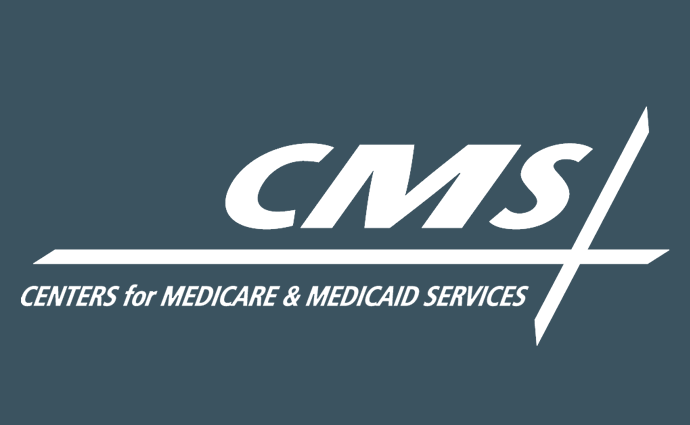CMS Accepting Applications for New Direct Contracting Models
CMS recently released a request for applications that provided more details on Medicare’s Direct Contracting, which offer two voluntary value-based payment models.

Source: Thinkstock
- The request for applications (RFA) for Medicare’s Direct Contracting Professional and Global options is now open, according to an announcement on the initiative’s CMS Innovation Center webpage.
The announcement stated that applicants interested in the implementation period of the initiative have until February 25th, 2020 to complete the application. Organizations who would prefer to start the model in the first performance year will be able to fill out the application in the spring of 2020.
CMS is requesting a Letter of Intent (LOI) from organizations interested in either option, which will be required in order to apply. Those organizations who did not previously submit a LOI have from today until December 10th to complete the application.
Medicare’s Direct Contracting is a set of three voluntary payment model options that will test new, innovative financial risk-sharing arrangements in efforts to reduce Medicare costs while maintaining or improving quality of care furnished to Medicare fee-for-service beneficiaries.
Announced seven months ago as part of the Primary Cares Initiative, Direct Contracting intends to create new value- and risk-based payment opportunities for a wider range of provider organizations that were unable to participate in legacy models, such as the Medicare Shared Savings Program (MSSP) or the Next Generation Accountable Care Organization (ACO) Model.
READ MORE: HHS Launching Direct Contracting Payment Models for Primary Care
CMS expects the new opportunity to attract the attention of physician practices and other organizations because Direct Contracting is anticipated to reduce burdens and support chronic disease management efforts already underway by these providers.
An essential aspect of Direct Contracting is also to provide new opportunities for various organizations to participate in value-based care arrangements in Medicare FFS. These Direct Contracting Entities (DCEs) are groups of providers and other stakeholders who collectively take accountability for a Medicare FFS population through a combination of capitation and shared savings and losses.
Direct Contracting will also open the door for New Entrant DECs, which are made up of organizations that do not have previous experience with the Medicare FFS population and will generally seek help from voluntary alignment in the first few years. The initiative also offers a unique DCE option for those serving high needs population.
DCEs will assume accountability through two voluntary risk-sharing options in Direct Contracting. The Professional option is a lower risk-option (50 percent shared savings/ losses) that includes Primary Care Capitation, which is designed to cover enhanced primary care services. The other option is called Global and it offers a 100 percent savings/losses risk, as well as Primary Care Capitation or Total Care Capitation. Total Cost Capitation is a capitated, risk-adjusted monthly payment for all services delivered by Direct Contracting participants and preferred providers who have an agreement with the DCE.
DCEs will be able to participate in a third voluntary option soon. CMS intends to release information about a third payment model option later this year, according to the announcement.
READ MORE: Data, Clinical Champions Key to Risk-Based Payment Model Success
Although the Direct Contracting application process opened today, organizations are beginning to get on board with the idea. For example, NAACOS voiced their thoughts on the new payment models in a written email statement.
“NAACOS is excited to see CMS demonstrating its commitment to value-based care and payment by moving forward with accountable care models like Direct Contracting, which makes providers accountable for patients’ total cost of care. NAACOS looks forward to better understanding important details of the program released today,” said David Pittman, NAACOS health policy and communications advisor.
The non-profit also highlighted that they are extremely pleased that CMS gave Next Generation ACOs the option to continue in the program until it sunsets at the end of next year, and that the time gap between application periods gives the provider community more time to understand and dig through important details.
Most recently, America’s Physician Group released a statement responding to the Direct Contracting application process as well. “This is yet another step by CMMI in affirming its commitment to ensuring that patients have access to the high-quality, accountable, and coordinated care physician groups have been providing for decades,” Don Crane, president and CEO said in the statement.
The statement goes on to mention that the group praises CMMI for reopening the Letter of Intent until December 10th and allowing those organizations who failed to submit an LOI in August more time to do so.
“Risk-sharing arrangements properly incentivize physicians to provide high-value, high-quality healthcare to the patients and communities they serve. We look forward to continuing to work with CMMI to put more tools in the toolbox to help physicians who are moving from volume to value,” Crane emphasized.
